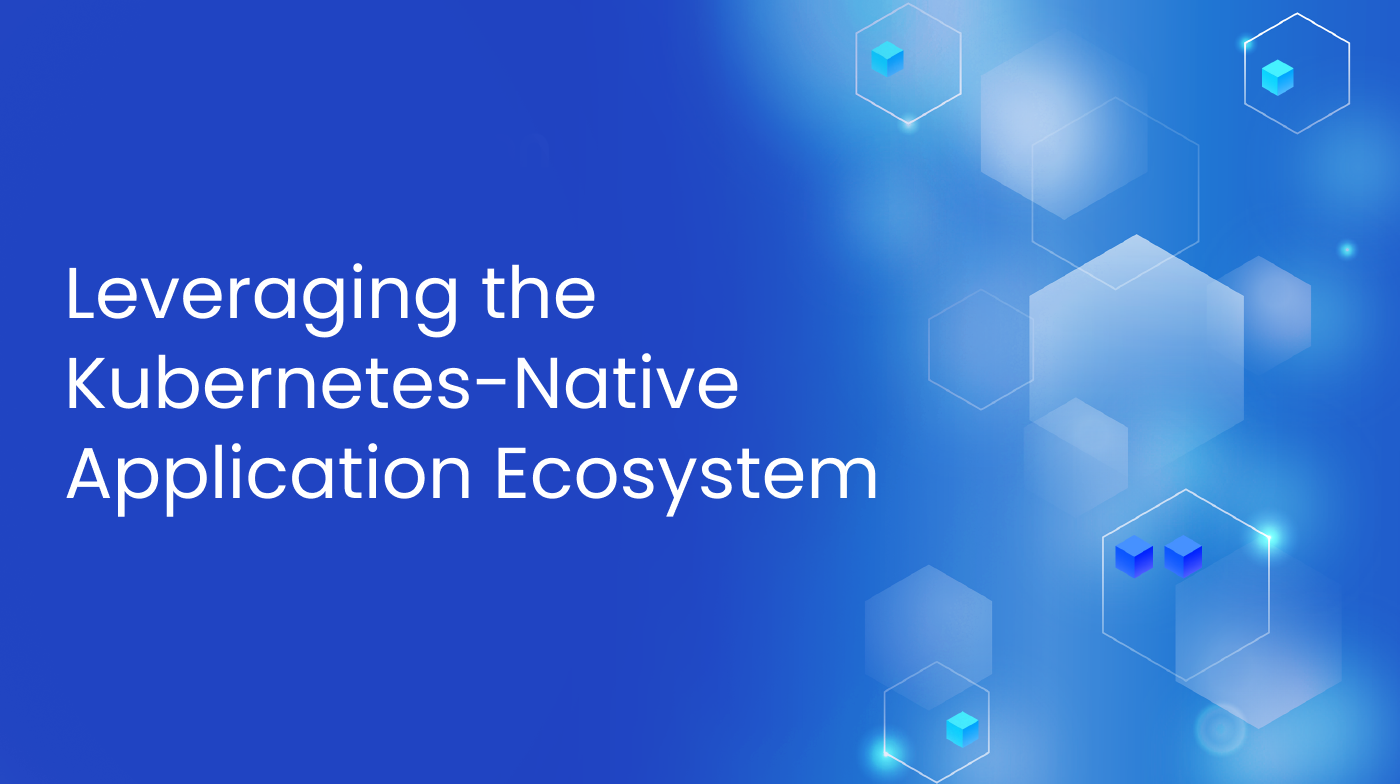Customer Relationship Management (CRM) isn’t just for businesses anymore. Governments and public service organizations are increasingly turning to CRM solutions to better serve citizens, streamline operations, and enhance accountability. For entities like Single Click, offering cutting-edge CRM systems tailored to public institutions, this shift represents a major step toward digital transformation in the Middle East.
What Is CRM in the Context of Public Services?
CRM, or Customer Relationship Management, is a system that enables organizations to manage interactions with their stakeholders—whether they’re customers, clients, or, in the case of public service, citizens. In government, CRM helps agencies handle requests, deliver services faster, and personalize citizen experiences.
Why Is CRM Important in the Public Sector?
Public sector organizations often face challenges such as complex processes, limited budgets, and high citizen expectations. CRM helps tackle these issues by:
- Centralizing citizen data.
- Automating service requests.
- Improving communication and transparency.
- Enabling performance tracking and reporting.
This translates to faster, more personalized, and more efficient service delivery.
Top 7 Benefits of CRM in Public Service Delivery
1. Centralized Citizen Information
A CRM system stores all interactions, documents, and requests in one unified platform. This makes it easier for public employees to access accurate data and provide informed responses.
2. Improved Response Time
Automated workflows and real-time notifications help departments respond to citizen inquiries faster—whether it’s for housing, healthcare, permits, or municipal services.
3. Enhanced Citizen Engagement
CRM tools allow for targeted communication, satisfaction surveys, and feedback loops, helping governments build trust and transparency.
4. Better Service Personalization
With access to historical data and preferences, public agencies can tailor their services to meet individual needs—much like private companies do with their customers.
5. Increased Operational Efficiency
CRM systems eliminate data silos and reduce manual processes, cutting down on operational costs while improving productivity.
6. Improved Transparency and Accountability
By tracking every request and response, CRM provides a clear audit trail. This helps build public confidence in the fairness and efficiency of government operations.
7. Data-Driven Decision Making
With built-in analytics, CRM allows public officials to identify service gaps, forecast demand, and make evidence-based decisions.
CRM vs Traditional Public Service Models
| Feature | Traditional Model | CRM-Enabled Model |
|---|---|---|
| Data Access | Fragmented | Centralized |
| Response Time | Slow | Fast and automated |
| Service Personalization | Generic | Tailored |
| Reporting | Manual | Real-time |
| Citizen Engagement | One-way | Interactive |
Real-World Application: CRM for Government Services
Imagine a city that handles thousands of daily requests—trash collection, building permits, complaints, etc. Without a CRM system, these processes can get bogged down in paperwork and delays.
With Single Click’s CRM solution:
- Citizens can submit requests online and track their progress.
- Staff are alerted instantly and can prioritize urgent tasks.
- Managers have dashboards to monitor KPIs in real time.
What Is CRM in Public Relations?
In public relations, CRM tools are used to manage media contacts, track interactions, and schedule outreach campaigns. For government entities or public service providers, this ensures a consistent and well-coordinated public image, especially during crises or major announcements.
Why Is CRM Important in the Service Industry?
CRM boosts customer satisfaction, retention, and loyalty—three pillars of success in both the private and public service industries. It helps manage inquiries, follow up on requests, and provide support across multiple channels.
What Is Customer Relationship Management in the Government Sector?
In government, CRM is used to:
- Handle citizen complaints and service requests.
- Monitor agency performance.
- Streamline communication between departments.
- Deliver proactive service updates (e.g., SMS alerts for roadwork or outages).
It’s not just about technology—it’s about transforming how governments interact with people.
Why Choose Single Click’s CRM Solutions?
Single Click, established in 2013 in the UAE, is a trusted provider of IT solutions across Saudi Arabia, Egypt, Kuwait, and Qatar. With a team of expert engineers, we deliver CRM systems built for the unique needs of public service organizations.
Our core strengths:
- 🛠️ Custom Software Development
- 🌐 Network Solutions & Maintenance
- 🔐 IT Security & Cyber Protection
- ☁️ Web Hosting Services
- 🖥️ 24/7 Technical Support
- 🚀 Digital Transformation Consulting
We focus on high-quality service, competitive pricing, and local expertise tailored for government and semi-government sectors.
📞 Contact us today
UAE: +971 42 475421
Saudi Arabia: +966 58 1106563
Egypt: +2 010 259 99225
Final Thoughts
Investing in a CRM system is no longer a luxury for public institutions—it’s a necessity. From improving citizen satisfaction to boosting internal efficiency, CRM offers measurable benefits. With Single Click’s robust solutions and regional expertise, government agencies can lead the way in modern, citizen-centered service delivery.





